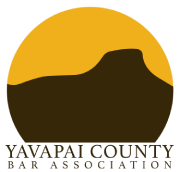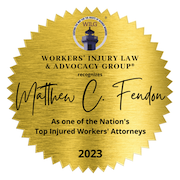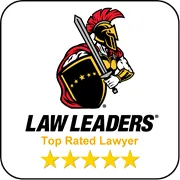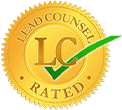Workers’ Compensation Disability Attorney

Are you living with a disability that prevents you from returning to work in Arizona? You need to understand the types of disability benefits you are entitled to by law. A workers’ compensation attorney from Matt Fendon Law Group can review your claim and answer your questions about disability benefits in a free consultation. Call or contact us today to get started. There’s nothing to lose and so much to gain.
Understanding Workers’ Compensation Disability
In Arizona, the workers’ compensation system provides injured workers with several types of disability benefits, including:
- Temporary total disability (TTD) – If you can’t work while receiving treatment for your work injury, you could be eligible for TTD benefits. TTD pays workers two-thirds of their average monthly wage biweekly, subject to a maximum cap set by the Arizona legislature. Workers can also receive an additional $25 monthly if they support one or more dependents.
- Temporary partial disability (TPD) – These benefits are paid if a worker can perform light duty or part-time work. Benefits equal two-thirds of the difference between the worker’s pre-injury average monthly wage and the lower wage they earn during recovery.
- Permanent partial disability (PPD) – After reaching maximum medical improvement for a work injury, an employee may be evaluated to determine whether they have a permanent disability. Impairments fall into two categories: scheduled and unscheduled. Scheduled impairments pay disability compensation benefits over a specific period based on the impairment. Unscheduled impairments pay benefits based on the loss of earning capacity determined by a vocational specialist.
- Permanent total disability (PTD) – If your injury prevents you from returning to work in any capacity, you could receive permanent disability benefits. These benefits are two-thirds of your average monthly wage for the rest of your life.
Importance of Legal Representation in Workers’ Compensation Claims
Many injured workers in Arizona find their initial workers’ compensation claims denied. For example, the employer may argue the employee did not suffer a work-related injury or that their injury does not disable them from working. Having legal representation can be crucial to resolve these types of disputes. An attorney will know whether additional medical evidence can prove a worker’s disability and investigate the circumstances of the worker’s injury to show the employee’s injuries arose out of the course and scope of their employment.
Can I Get Workers’ Compensation and Social Security Disability?
If you have a long-term, work-related disability, you can apply for Social Security Disability (SSD) benefits even if you already receive workers’ compensation. SSD benefits are for people with a disability that prevents them from working for at least one year or is likely to result in death.
Unfortunately, most people who apply for Social Security Disability benefits face significant challenges. The Social Security Administration has strict limitations on what constitutes a qualifying disability. In addition, your SSD benefits may be reduced if the total amount of benefits received from the workers’ compensation and SSD programs exceeds a specific threshold. Understanding the intersection between the state workers’ compensation program and the federal SSD program is not easy, so it’s a good idea to seek guidance from a workers’ compensation disability lawyer before starting the application process.
The Matt Fendon Law Group Difference
The attorneys and staff of Matt Fendon Law Group are dedicated to advocating for the rights and interests of disabled workers throughout Arizona. Our firm frequently handles workers’ compensation and we partner with a firm that handles SSD cases. We have extensive experience dealing with insurance companies and working with Social Security Administration staff and administrative law judges who handle SSD hearings. Our workers’ compensation disability lawyers have helped thousands of Arizonans secure the disability benefits they need during their darkest times.
If you have more questions about your rights to workers’ compensation disability benefits, contact us today for a free, no-obligation consultation.




















